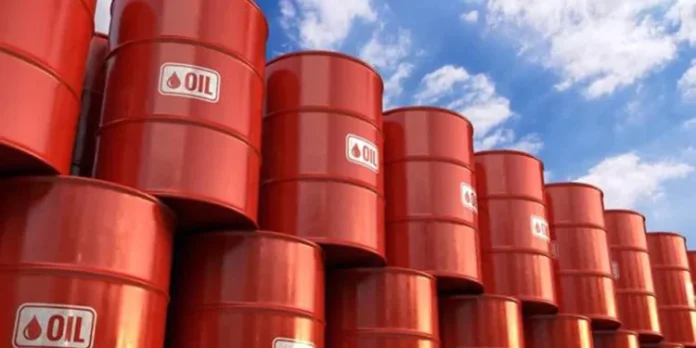The escalating war between Israel and Hamas could lead to a repeat of full-scale military conflict in the Middle East, causing oil prices to soar to a record high of more than $150 a barrel, according to The Guardian.
The bank warned of the risk that the cost of crude oil would spiral out of control, creating a supply shortage that would increase the price of a barrel of oil from around $90 to $140-157.
The latest conflict in the Middle East comes on the heels of the biggest shock to commodity markets since the 1970s – Russia’s war with Ukraine. That had disruptive effects on the global economy that persist to this day.
The World Bank stated in its latest commodity market outlook that higher oil prices could trigger a situation where hundreds of millions of people would starve as a result of rising food prices.
According to the Bank’s assessment, the Israel-Hamas war has yet to have a significant impact on commodities. Oil prices have risen by about 6 per cent, but the cost of agricultural products, metals and other commodities have barely changed. However, the institution added that commodity prices would rise rapidly if the conflict escalated.
Ayhan Kose, the World Bank’s deputy chief economist, claimed:
“Higher oil prices, if sustained, inevitably mean higher food prices. If a severe oil-price shock materialises, it would push up food price inflation that has already been elevated in many developing countries. At the end of 2022, more than 700 million people – nearly a tenth of the global population – were undernourished. An escalation of the latest conflict would intensify food insecurity, not only within the region but also across the world.”
